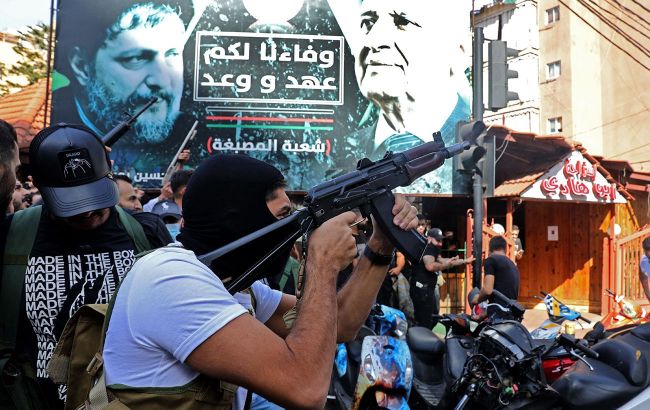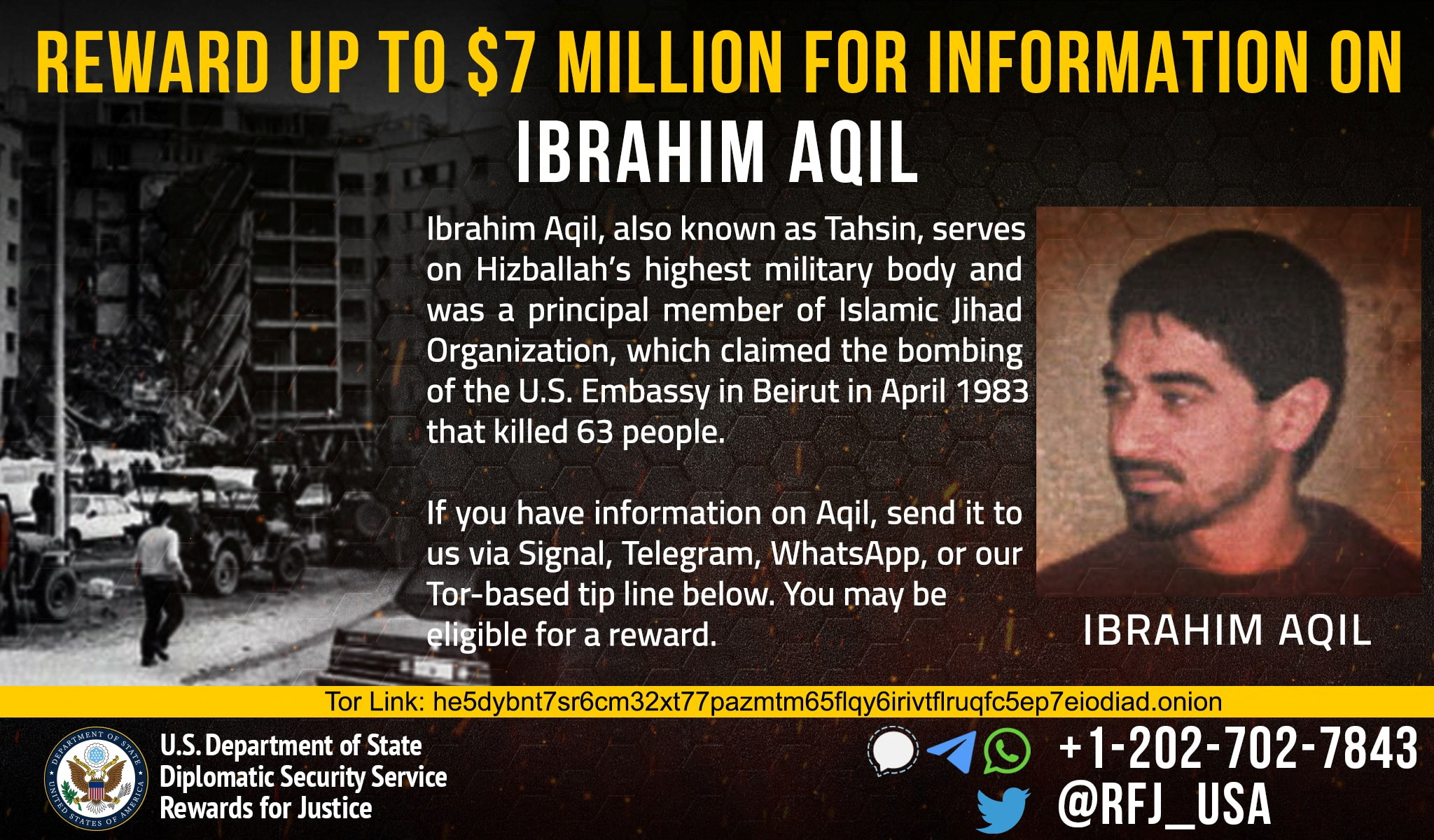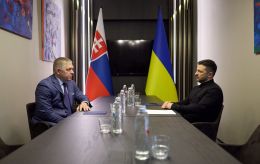Israel eliminates top Hezbollah commander wanted by US
 Illustrative photo: Commander of Hezbollah was killed in Beirut (Getty Images)
Illustrative photo: Commander of Hezbollah was killed in Beirut (Getty Images)
Israel eliminated the head of Hezbollah's Operational Unit and commander of the elite Radwan forces, Ibrahim Aqil, during today's strike on Beirut. Other militants were also killed, according to the Israel Defense Forces on Twitter, Reuters, and the US State Department's website.
"Ibrahim Aqil, the head of Hezbollah’s Operations Unit and the Commander of Hezbollah’s elite Radwan Forces, was eliminated in the targeted intelligence–based strike in Beirut earlier today," the IDF statement said.
The Israeli military command clarified that alongside Aqil, senior operatives from Hezbollah's operational headquarters and commanders from the Radwan unit were also eliminated.
The IDF emphasized that Aqil and the Radwan commanders were planning a Hezbollah attack called Conquest of Galilee, during which they intended to infiltrate Israel, abduct, and kill innocent civilians. Essentially, they planned to replicate the massacre carried out by Hamas on October 7.
Meanwhile, Reuters sources in Lebanese security services reported that the Israeli strike occurred while Aqil and the Radwan commanders were holding a meeting.
The Lebanese Ministry of Health reported that as a result of the Israeli attack, nine people were killed and 59 others were injured.
Search for Aqil
The US has been searching for Aqil since 2019, as he was one of the key members of the Hezbollah terrorist cell known as Islamic Jihad in the 1980s.

Photo: The US had issued a wanted notice for Aqil (rewardsforjustice.net)
In April 1983, Islamic Jihad bombed the US embassy in Beirut, resulting in 63 fatalities. Additionally, in October 1983, the terrorists organized the bombing of US Marine barracks, which killed 241 American servicemen.
During the 1980s, Aqil was involved in the seizure of American and German hostages in Lebanon and held them there.
The US offered a reward of $7 million for information about Aqil.
What preceded it
Today, September 20, Israel announced that its military conducted an airstrike on Beirut.
Photos and videos of the aftermath were shared online, showing the destruction.

